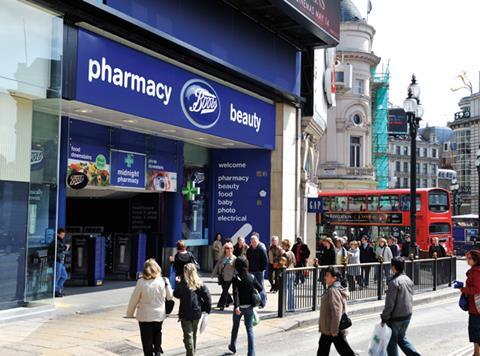
Apollo Global Management and Mukesh Ambani’s Reliance Industries have made a binding bid for UK chemist chain Boots (The Financial Times £). The offer values the company at between £5bn and £6bn, two of the people with knowledge of the matter told the paper.
The joint bidders emerged as the frontrunners for Boots after the Issa brothers, who own Asda and EG Group, threatened to walk away from the process because of a disagreement over price last month (The Times £).
The pharmacy and beauty retailer’s current owner, US group Walgreens, which has controlled Boots since 2012, is expected to keep a minority stake under the deal (The Guardian).
A rival consortium of the Issa brothers and their private equity backers TDR Capital – who together own Asda – has also cooled on the idea following disagreements over price (The Mail).
The Lex column in The Financial Times (£) writes that Ambani could reinvigorate the UK chemist chain. “A successful bid with Apollo could lead to Boots becoming a high street name in India.”
The Times (£) also features an analysis looking back at the long auction process to sell Boots. “The saga of the health and beauty chain’s sale may yet involve a last-minute surprise.”
The business editorial in The Times (£) argues that Boots stores “just need to be shown some love”.
The business editorial in The Mail says Reliance is buying a problem and has been starved of investment. “Boots is in need of a good polish… and a far more aggressive digital strategy.”
The business editorial in The Guardian notes the lack of interest in Boots from bidders. “UK retailer offers revamped stores and big online presence, but potential buyers see tired shops and threat of beauty rivals.” The papers adds: “There’s still time for the action to heat up but there’s an unmistakable lack of buzz around this transaction.”
The Times (£) follows up on The Grocer’s story that supermarket industry’s treatment of suppliers is deteriorating for the first time in almost a decade as inflation puts a strain on supply chains, according to the grocery regulator. Read the full story from thegrocer.co.uk here.
The competition watchdog has given the takeover of Morrisons by US private equity the all clear after the buyer agreed to sell dozens of petrol stations (The Mail).
Shoppers in the UK have been hit harder by the cost-of-living crisis than customers elsewhere in Europe, according to the company behind Poundland (The Times £).
The cost of living crisis is prompting UK shoppers to cut back even on essential items as wages fail to keep pace with inflation, Pepco, the owner of Poundland, says (The Guardian).
The average cost of filling a typical family car with petrol has exceeded £100 for the first time on what was labelled a “truly dark day” for drivers (The Guardian).
A litre of petrol cost an average of 182.3p on Wednesday, a jump of 3.8p a litre on the cost at the start of the week, according to Experian Catalist, the data analytics company (The Times £).
The Lex column in The Financial Times (£) takes a look at the positive performance of the big US processed food stocks such as Kraft Heinz, Campbell Soup and Kellogg. “Compared with the cost of a night out or the sticker shock at the fresh grocery aisles, consumers will probably be willing to stump up a little for the comfort of familiar brands.”
A looming Sriracha shortage has hot sauce lovers feeling fiery, after the maker of the popular condiment said it was suspending sales over the summer due to a shortage of chili peppers (The Guardian).
The age at which tobacco products can be bought in England should increase by one year, every year until their use has been eradicated, a government-commissioned review has suggested (The Financial Times £).
The chief executive of Fuller’s said that international tourists had been out in force in its pubs during the Platinum Jubilee festivities in London and the capital had been “back to its vibrant best” over the four-day break (The Times £).
A ‘backlog of weddings’ will put Fuller’s on track for a strong summer, its boss said – despite concerns over consumer confidence (The Mail).







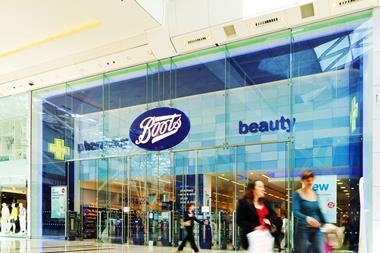
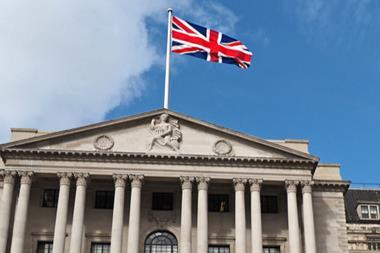
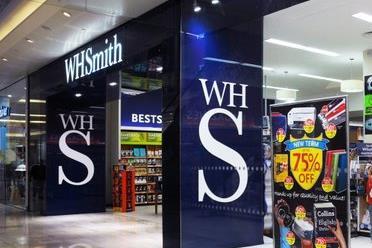

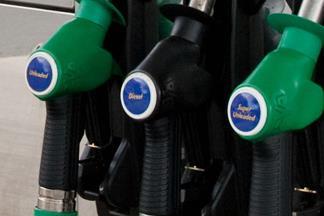
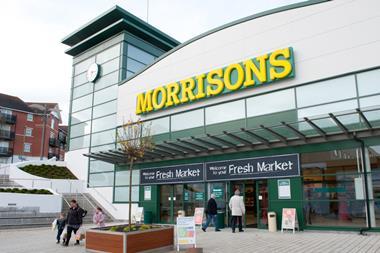






No comments yet